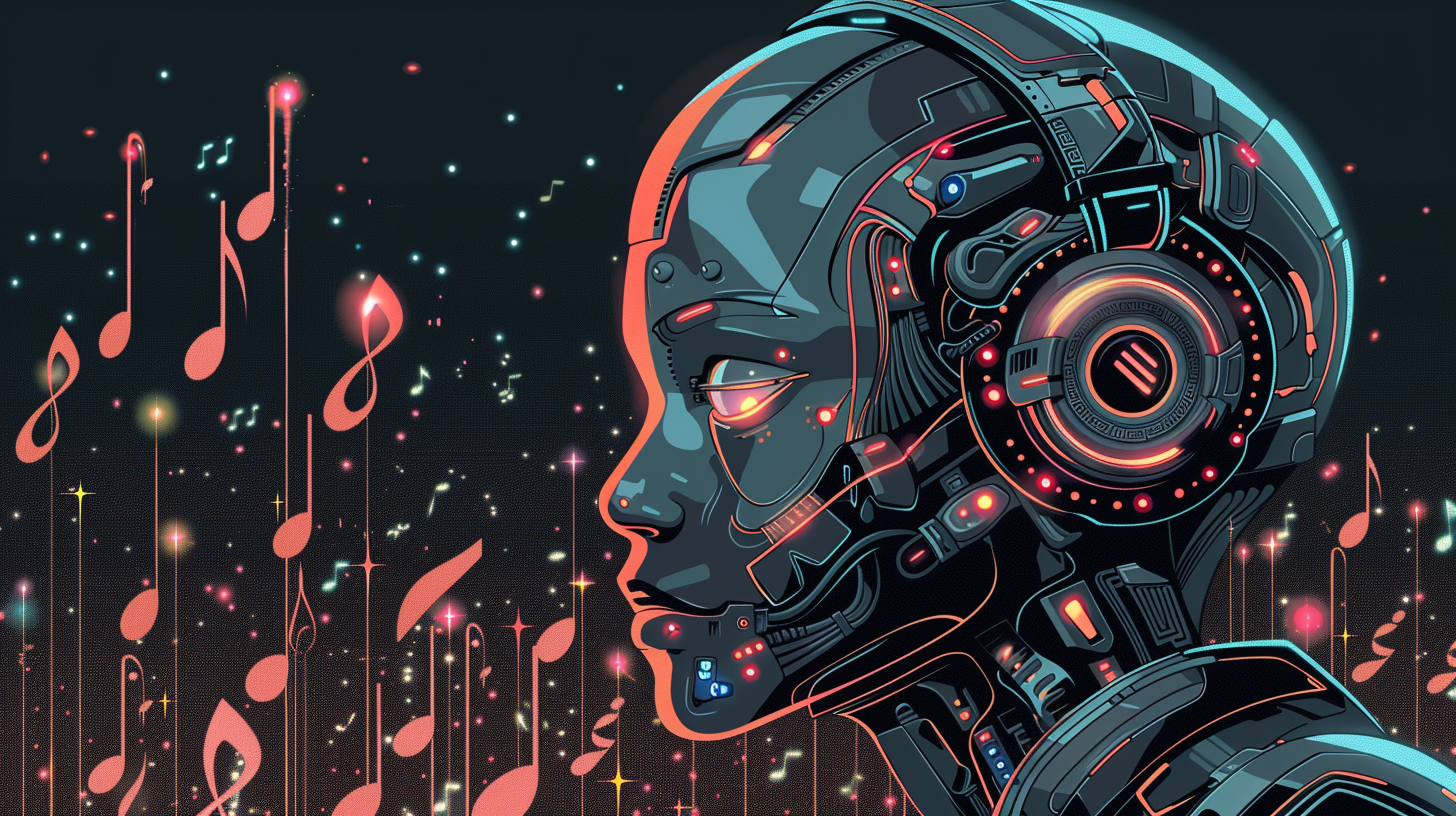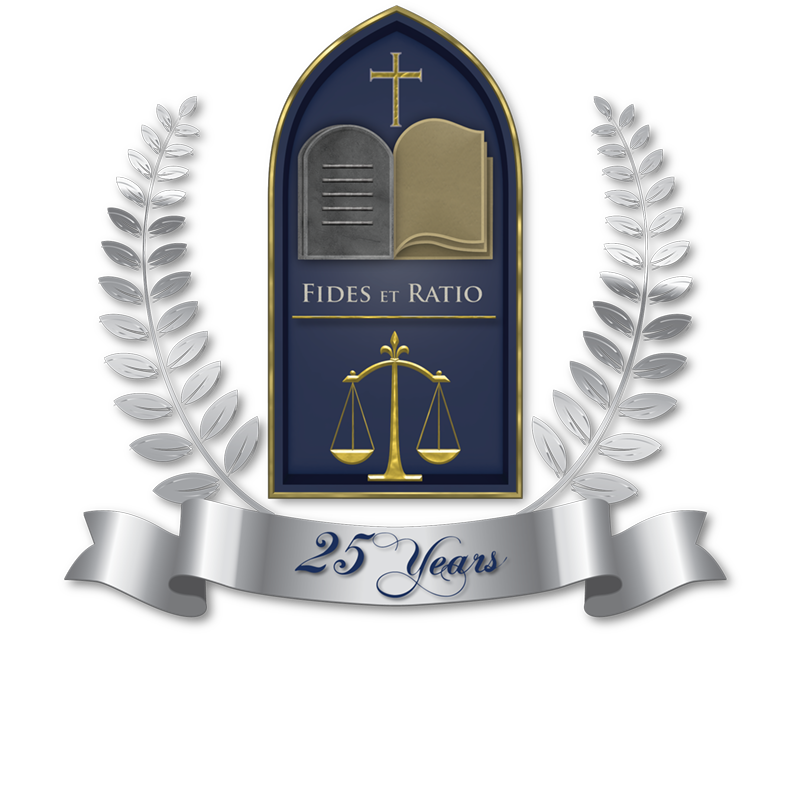Putting the “Art” in “Artificial”— Where do we draw the line?

By Brandis Godwin
Artificial Intelligence (AI), “[t]he ability of a digital computer or computer-controlled robot to perform tasks commonly associated with intelligent beings,”1 is becoming more prominent in society. While there are endless benefits to AI usage, several arguments show that AI usage conflicts with certain constitutional limitations. This Article addresses the constitutional arguments concerning copyright laws and argues why AI cannot lawfully be granted copyright protections for musical compositions without running afoul of the Copyright Act of the United States.
A musical composition is qualified for copyright protection under the Act if it meets certain requirements—one being originality.2 A musical work is composed using melodies, harmonies, and rhythms. A melody is an arrangement of a succession of musical notes; essentially, they are “the fingerprints of a composition,” establishing an identity of the work.3 Harmonies consist of the blending of simultaneous tones, and rhythms are the timing for which the melodies and harmonies comply. Essentially, musical works are a set of instructions for musicians made by authors with original ideas and therefore, are entitled to exclusive rights under the Act.4
Copyright laws have been in operation since the nation’s founding. The Constitution explicitly facilitates such protections, providing that: “Congress shall have power. . . to promote the Progress of Science and useful Arts, by securing for limited Times to Authors and Inventors the exclusive Right to their respective Writings and Discoveries.”5 Clearly, Congress supports and encourages creativity, but to whom exactly do these rights extend? Whether copyright protections should extend to AI authors depends on a determination of the scope of authorship.
But Congress has yet to properly define “author” for purposes of copyright protections. In 1879, Congress stated that copyright laws protect “the fruits of intellectual labor” that “are founded in the creative powers of the mind.”6 Then, in 1884, Congress provided a broad definition, stating that an author is “he to whom anything owes its origin, originator, maker; one who completes a work of science or literature.”7 Later, the U.S. Copyright Office provided in its Third Edition of the Compendium that works are not entitled to copyright protections unless they have been produced by creative human input.8 Therefore, the Office will not allow registration for works by machine or for mere mechanical process productions.9 The Copyright Act makes clear that copyright laws were created for the sole purpose of incentivizing individuals to create works by offering exclusive rights to their works.10 The intent by Congress was to promote progress of the useful arts.11
Consistent with that purpose, several court rulings have denied copyright protections where the author of the work was not a human creator. In Naruto v. Slater, the Ninth Circuit held that a photograph taken with a cell phone by a monkey was not copyrightable because the monkey lacked constitutional standing.12 Additionally, the Copyright Office has refused to grant copyright protection for “driftwood that has been shaped by the ocean” because no human being contributed to the creative process of the driftwood’s shape.13
Based on these prior decisions, should Congress expand current copyright laws and allow computers or robots to create musical compositions, and grant the same copyright protections that human creators would obtain? If a monkey—as a living, breathing creature—lacks Article III standing to bring a copyright infringement lawsuit, how could an AI program obtain such standing? If Congress were to expand the scope of copyright protections to AI, it would be allowing essentially anything to obtain copyright protections. Furthermore, in granting such protections to AI, the courthouses would be flooded with countless lawsuits from limitless assertions of copyright infringements. If Congress expands such rights to AI, what exactly would be the limiting principle?
Such a result would run contrary to what the Founding Fathers intended the Copyright Act to protect. This is because works not produced by human creativity destroy the Copyright Act’s purpose of encouraging its’ citizens to create. In other words, allowing AI to receive copyright protections would disadvantage human authors, and subject them to unfair—non-human—competition. Consequently, the musical productions and compositions of human authors would be diminished, as the authors would be deprived of an incentive to create—the Act’s sole purpose.14
To conclude, Congress should refrain from expanding copyright protections to AI because of its contradictory effect on existing copyright laws. The United States should abide by the Copyright Act for the intention of promoting creativity and supporting artistic citizens. Expanding current laws would set the stage for the wrong author, at the expense of artistic, human authors.
References:
1 ENCYC. BRITTANICA, https://www.britannica.com/technology/artificial-intelligence (last visited October 11, 2023).
2 Copyright Act, 17 U.S.C.A. § 102 (2012).
3 Northern Music Corp. v. King Record Distributing Co., 105 F. Supp. 393, 400 (S.D. NY. 1952).
4 Supra, Note 2.
5 U.S. CONST., art. I, § 8.
6 Trade-Mark Cases, 100 U.S. 82, 94 (1879).
7 Burrow-Giles Lithographic Co. v. Sarony, 111 U.S. 53, 58 (1884).
8 Compendium of U.S. Copyright Office Practices, § 313.2 (3d ed. 2017).
9 Id.
10 Supra, Note 5.
11 Id.
12 Naruto v. Slater, 888 F.3d 418, 420 (9th Cir. 2018).
13 Supra, Note 8.
14 Supra, Note 2.




